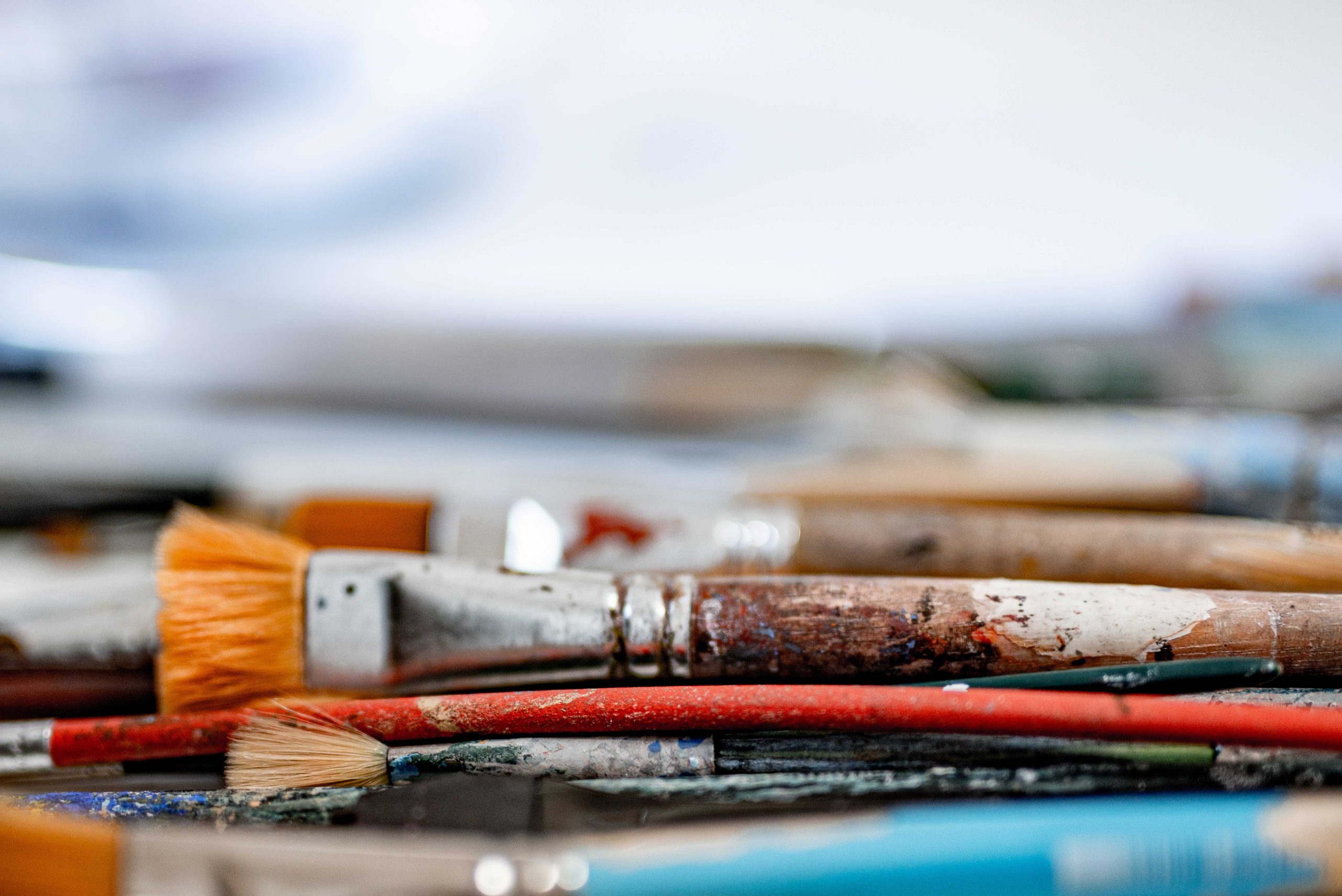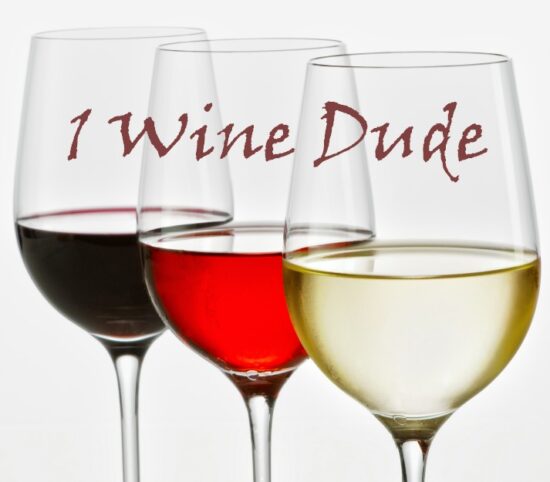
“When art critics get together,” Picasso is meant to have said, “they talk about form and structure and meaning. When artists get together, they talk about where you can buy cheap turpentine.” It’s a much loved, if semi-apocryphal, quote. One attraction is the jibe against critics (who doesn’t love bashing those?) But the main driver, I think, is the presumption that a curtain is lifted. This is, Picasso tells us, how professionals really do it.
I, instead, find the quip devoid of charm, and not only because art critics rarely talk about form and structure when they meet. (The discourse is more about which publication pays on time, and who slept with whom to get that curating gig.) The unmistakable stench of populism emanates from it, the perennial cliché that theory is for pseudointellectuals. Practice, whatever that might be, does otherwise. Like many maladies of this sort, this one is also ubiquitous in the wine world.
Hardly a day passes by that I don’t see a professional shouting that everything convention knows to be true, is actually false, or corrupt, or fake. I am not talking about those that are simply marketing their wares (hey, if you have lots of California Chardonnay to sell, of course, of course, it’s every bit as good as Burgundy). Nor about the honestly fundamentalist (the world does work differently if you know the mg/L of sulfites in your wine by hard). I am thinking about the type of oh-so-revolutionary statement, accompanied by some marker of credibility, to let us know that the claimant is not a conspiracy theorist, but an insider.
You know the type. I am a wine merchant, and I don’t own any posh glasses (sure, who needs Zalto when there is an IKEA flower vase). I am an importer, and I don’t read any wine critics, or care about their scores (Diogenes, you are alive!). I am a sommelier and I just eat and drink whatever I feel like at the time (a Che Guevarra of restauration – can I buy a T-shirt with your face on it?).
One wonders what the intention of such broadcasts is. It can’t be an act of generous education of the hoi polloi. In most professions, people are aware that their need for information is rather different to laypeople’s. If you ask a doctor what you should do when you are not feeling well, she doesn’t go “oh, don’t go for that mass market GP crap. Just diagnose yourself, then get a friend of yours from Med School to prescribe something. That’s how pros do it baby, boom”. They also understand your experience is different from theirs, since you don’t do it day in, day out for work. If you tell a pilot you’re excited to be flying to Spain for a holiday, she is unlikely to respond “I can’t believe you are so happy about boarding a plane. I can’t stand being on the bloody things on a weekend”.



